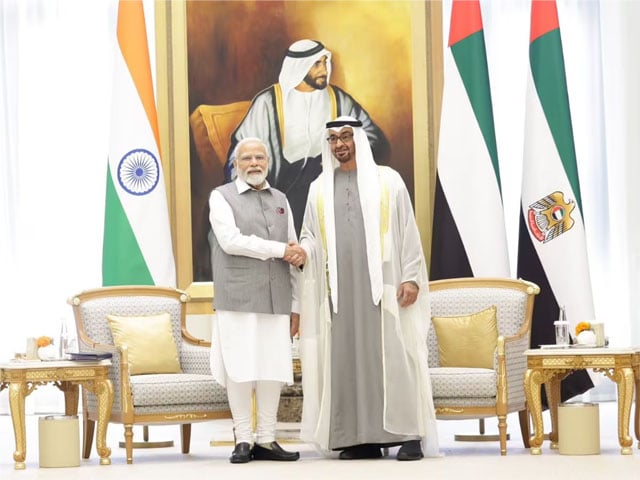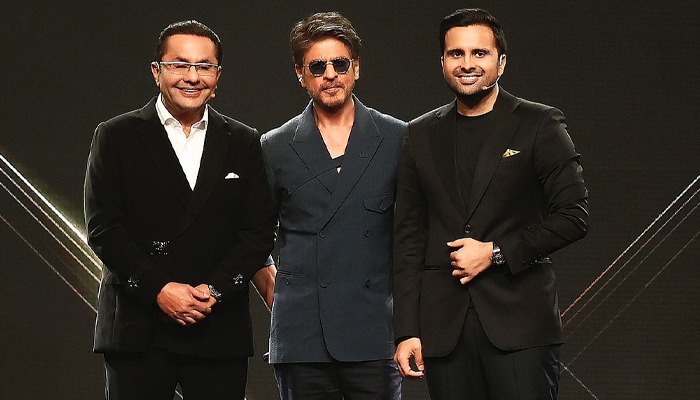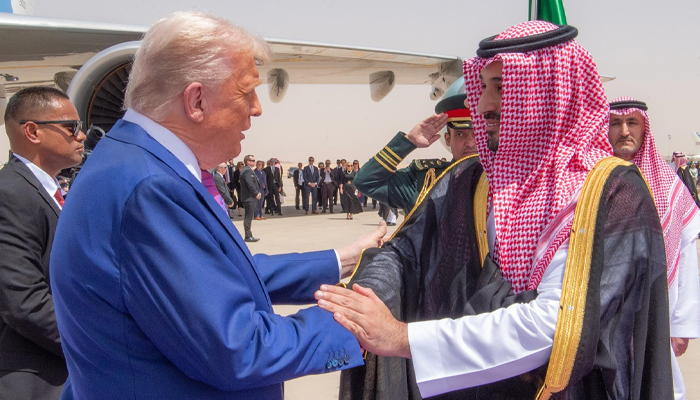India and UAE have agreed to conduct bilateral trade in local currencies.
Indian Prime Minister Narendra Modi arrived in Abu Dhabi on Saturday on a visit to the United Arab Emirates where he met with the President of the United Arab Emirates Sheikh Mohammed bin Zayed Al Nahyan and other senior officials.
On the occasion of Narendra Modi’s meeting with Sheikh Mohammed bin Zayed Al Hanyan, the Central Bank of India (Reserve Bank of India) and the Central Bank of the United Arab Emirates (CBUAE) signed two agreements related to transactions in local currencies. are
Indian Prime Minister Narendra Modi said that the trade agreement between UAE and India in local currencies will promote bilateral business and investment.
Narendra Modi said trade between India and the UAE has increased by 20 percent since the signing of the Comprehensive Economic Partnership Agreement last year.
Meanwhile, India’s central bank RBI has said in a statement that the Local Currency Settlement System (LCSS) should be established to promote the use of the Indian rupee and the UAE dirham in bilateral trade between India and the United Arab Emirates. will
The statement said that the system is expected to help exporters and importers to invoice and pay in their respective local currency, thereby helping to develop the foreign exchange market of Indian rupee and UAE dirham. will
The statement added that the arrangement will also promote investment and remittances between the two countries, improve transaction costs and settlement time for transactions through the use of local currencies, in which the United Remittances of Indians living in the UAE are also included.
(function(d, s, id){
var js, fjs = d.getElementsByTagName(s)[0];
if (d.getElementById(id)) {return;}
js = d.createElement(s); js.id = id;
js.src = “//connect.facebook.net/en_US/sdk.js#xfbml=1&version=v2.3&appId=770767426360150”;
fjs.parentNode.insertBefore(js, fjs);
}(document, ‘script’, ‘facebook-jssdk’));
(function(d, s, id) {
var js, fjs = d.getElementsByTagName(s)[0];
if (d.getElementById(id)) return;
js = d.createElement(s); js.id = id;
js.src = “//connect.facebook.net/en_GB/sdk.js#xfbml=1&version=v2.7”;
fjs.parentNode.insertBefore(js, fjs);
}(document, ‘script’, ‘facebook-jssdk’));



